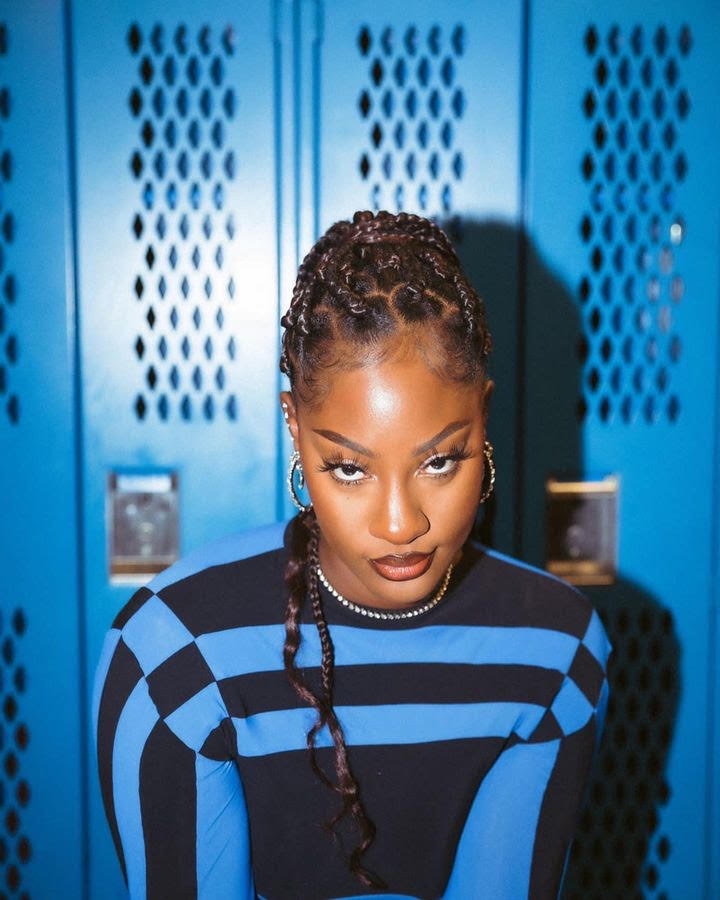Sweden’s Loreen overcame strong competition from Finland and Israel to win 2023’s Eurovision Song Contest in a closely fought final that featured guest appearances from Queen drummer Roger Taylor and, in a pre-recorded video, the Princess of Wales.
39-year-old Loreen, whose real name is Lorine Zineb Nora Talhaoui, was the fans and bookmakers’ frontrunner going into Saturday’s Grand Final, held in Liverpool, England, on behalf of war-torn Ukraine.
Having previously triumphed in the annual competition in 2012, Loreen is the first woman to win the contest twice. Her song “Tattoo,” a bombastic electro-pop ballad, placed first with 583 points.
“The only thing I feel right now is so much love. Not in my wildest dreams did I think this was going to happen,” said the singer in a press conference that took place immediately after the show wrapped.
Finnish rapper Käärijä, one of the breakout stars of this year’s Eurovision thanks to his song “Cha Cha Cha” and eye-catching costume of spikey black trousers paired with green bolero sleeves, came second with 526 points.
It is the seventh victory for Sweden in the contest’s 67-year history, equalling Ireland as the country with the most Eurovision wins. The first Swedish act to take home the crown was ABBA in 1974 with “Waterloo.” Prior to Loreen, Sweden’s most recent win came in 2015 with Måns Zelmerlöw’s “Heroes.” The only other artist to win Eurovision twice is Ireland’s Johnny Logan, who finished top in 1980 and 1987.
The rest of the top five was made up of Israel (362 points), Italy (350 points) and Norway (268 points).
The United Kingdom is hosting this year’s Eurovision Song Contest on behalf of Ukraine, which won 2022’s competition with “Stefania” by Ukrainian rap-folk band Kalush Orchestra (the U.K. finished second through Sam Ryder’s “Space Man”). The tag-line for this year’s event is “United By Music,” referencing the ongoing conflict in Ukraine.
The home city of Ukraine’s Eurovision act, Tvorchi, was hit by Russian missiles moments before the act took to the stage in Liverpool, according to reports. Two people were injured in the attack in Ternopil, Western Ukraine, the chief of the regional state administration, Volodymyr Trush, said.
Writing on Instagram after their performance, Tvorchi said: “Ternopil is the name of our hometown, which was bombed by Russia while we sang on the Eurovision stage about our steel hearts, indomitability and will.”
“Europe, unite against evil for the sake of peace,” said the Ukrainian duo.
It is the first time that the U.K. has held the contest in 25 years, although being the host country was no advantage to the country’s entry, Mae Muller. She finished second to last with her track “I Wrote a Song” picking up just 24 points.
26 acts competed in Saturday’s final, held at Liverpool’s 11,000-capacity M&S Bank Arena, including artists from the so-called “big five” countries: the United Kingdom, France, Germany, Italy and Spain, who automatically qualify for the main show because of their broadcaster’s financial contributions to the event. (The other 20 finalists qualified via two semi-finals, held earlier in the week. Ukraine also got a free pass to the final as reigning winners).
Kalush Orchestra opened the show with a spirited run through their 2022 winning song “Stefania” and new single “Changes,” joined by a procession of drummers wearing pink bucket hats in homage to the band’s frontman Oleh Psiuk.
Prior to arriving onstage, Kalush Orchestra featured in a pre-recorded opening film, part filmed in a metro station in Kyiv, Ukraine, that also contained guest appearances from British stars Joss Stone, Sam Ryder, Andrew Lloyd Webber, and, in a surprise 10-second cameo, a piano playing Princess of Wales.
The princess, who learned to play the instrument as a child, recorded her contribution at Windsor Castle earlier this month, said organizers after the segment aired.
Following the opening performance, the Eurovision Grand Final was a characteristically flamboyant mix of kitsch Euro pop, overwrought ballads, elaborate PVC costumes, and soaring rock ballads, interspersed with a jolt of head-banging glam metal courtesy of Germany’s Lord of the Lost.
Among the highlights were Austria’s Teya & Salena, performing dance track “Who the Hell Is Edgar?,” named after American poet Edgar Allen Poe, and Poland’s Blanka, singing her breezy reggae-tinged song “Solo” backed by a troupe of colorfully dressed dancers.
France’s La Zarra was another crowd pleaser with her disco-flavored torch song “Évidemment,” passionately sung in French.
Blanca Paloma, representing Spain, energetically fused flamenco rhythms with pulsing synths and a sinuous melody, while Norway’s entry — a bodice-wearing Alessandra, singing “Queen of Kings” — drew a rapturous reception from fans inside the sold-out arena.
Israel’s Noa Kirel, one of the country’s biggest pop stars, was one of the strongest female solo acts with her bombastic track “Unicorn,” complete with an energetic 30-second dance breakdown.
The night’s biggest cheers, however, went to Finland’s Käärijä and the contest’s eventual winner, Loreen.
A standout moment from the four-hour-long final was a mid-show interval that saw a number of former Eurovision contestants deliver a medley of songs representing Liverpool’s illustrious musical heritage, beginning with Italy’s 2019 entry, Mahmood, singing John Lennon’s “Imagine.”
Also performing in the mid-show segment were Israel’s Netta, singing Dead or Alive’s “You Spin Me Round (Like A Record),” Liverpool-born Sonia, who came second in Eurovision in 1993, and the Netherlands’ Duncan Lawrence, leading the crowd through a rousing cover of Gerry and the Pacemakers‘ “You’ll Never Walk Alone.”
Other non-competition performers included 2022 Eurovision runner-up Sam Ryder singing his single “Mountain” backed by Queen’s Roger Taylor on drums.
This year’s Eurovision Song Contest was the first in the event’s long history where viewers from countries not taking part could vote, including the United States where Saturday’s final — and the two preceding semi-finals — was streamed on Peacock. Viewer votes make up 50% of the final result, with the remainder determined by a professional jury from each participating country.
As per the two semi-finals, the show’s hosts were British TV personality and singer Alesha Dixon, Ted Lasso star Hannah Waddingham and Ukrainian singer Julia Sanina. Joining them for the final was another U.K. TV star, Irish comedian Graham Norton.
Last year’s Eurovision Song Contest, held in Turin, Italy, was watched by 161 million people across 34 countries, according to organizers the European Broadcasting Union (EBU), making it the world’s biggest music competition.



